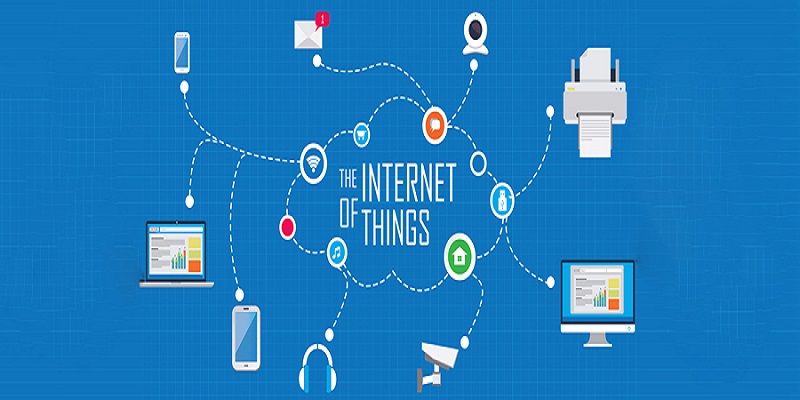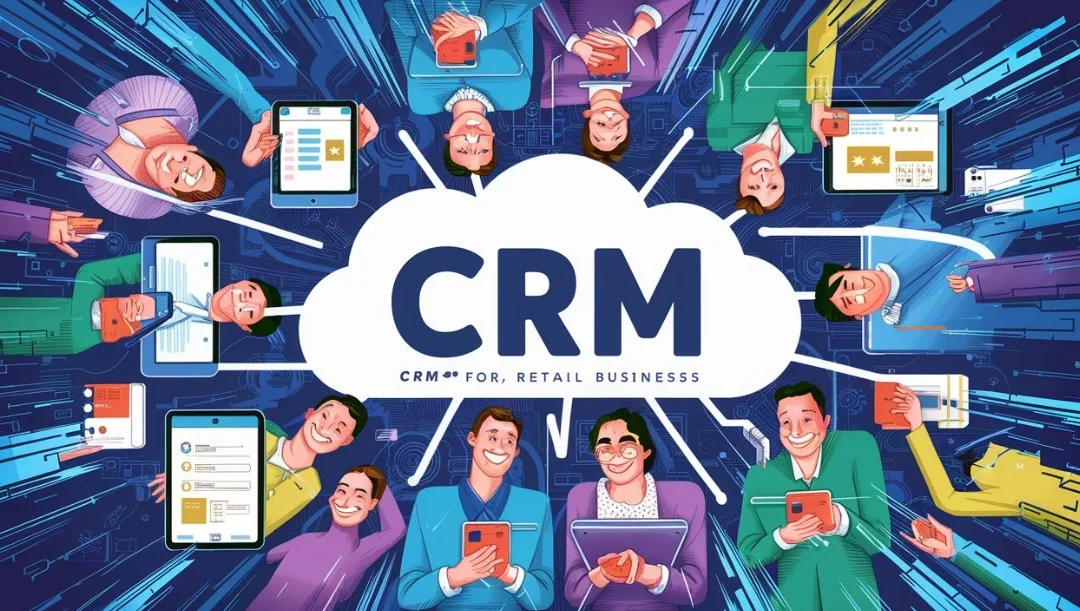Introduction
Today where the digital world is changing all the time the companies are always looking for how to create the best working conditions for their activities and improve their efficiency. Here comes a sophisticated product that modernizes operations by centralizing and optimizing workflows. ServiceNow consulting services provides a comprehensive range of tasks and tools built for accelerating the processes, enhancing collaboration, and thus empowering the teams to run ServiceNow customer workflows efficiently.
Automation of Workflows in ServiceNow:
Automation represents the foundation point on which ServiceNow operates, being the technology that businesses use to enhance performance levels and restore their business operations to work in unity. For organizations, the workflow automation function offers great benefits to such organizations that can help eliminate repetitiveness, standardize, and guarantee that the workflow processes are carried out consistently.
Here’s how ServiceNow facilitates the automation of workflows:
Workflow Design and Configuration: Users are allowed by ServiceNow to create and configure workflows with a visual workflow editor. This inbuilt interface allows users to specify a sequence of actions, conditions, and steps required for the completion of a process. Through the use of diagrams to represent workflows, an organization gets a picture of how the business processes are moving, and notes areas for improvement.
Task Automation: Automation of tasks within workflows by specifying triggers and conditions that activate particular actions. For instance, upon submitting a new service request, ServiceNow can allocate the request to the relevant team member through automatic assignment using predefined criteria. This eradicates human intervention and speeds up the process of resolving.
Approval Workflows: Automates the routing and escalation of approval requests, thus, making the approval processes more efficient. Users can define the approval rules and hierarchies so that requests are properly routed to the correct approvers using predefined criteria. It also delivers notifications and reminders for the timely response to the pending approval requests.
Integration with External Systems: Seamless integration between ServiceNow and external systems and applications is achieved, thereby facilitating data exchange and interoperability throughout the organization. Integration with other systems like CRM, ERP, and HRIS allows to automate data synchronization and remove the burden of manual entry. This provides data consistency and accuracy among various systems, eliminating mistakes and enhancing efficiency.
Self-Service Automation: That provides users with self-service functionality that enables them to create and follow requests without manual touch points. Organizations can do so by providing the self-service portals and knowledge bases that users can use to find answers to their questions and resolve issues. It also automates the service request fulfillment to facilitate the timely delivery of services with minimal human intervention.
Efficient Collaboration and Communication
Effective collaboration and communication are integral parts of any effective organization. In the today’s world where business is fast, the effective improvement in these areas is very important to promoting the productivity and achieving organizational goals. It has excellent tools and features that simplify collaboration and communication workflows allowing teams to be more efficient and productive.
Centralized Communication Hub: ServiceNow is used as a central communication hub, harmonizing different communication channels like chat, email, and virtual workspaces under one platform. This gets rid of the overhead of users having to manage multiple tools and places for communication, making things simple and more collaborative.
Real-time Collaboration: It’s enables real-time collaboration between teams, regardless of their location or time zone. Whether it is a project, document sharing, or seeking feedback from team members that provides a perfect platform for communication and information sharing, hence, promoting a collaborative and teamwork culture.
Improved Visibility and Transparency: It gives better visibility and transparency of the project status, changes, and activities. Via the inbuilt dashboards and reporting tools, teams can monitor the progress and locate the blockages, thus, everyone stays in alignment.
Instant Notifications and Alerts: It’s provide notifications and alerting facilities guarantee that critical updates and details are provided to the right people at the right time. Be it a task assignment, a critical issue, or a project milestone keeps teams aware and responsive.
Access to Information Anytime, Anywhere: ServiceNow mobile capabilities enable the employees to get required information, and work together with their team members from anywhere, at any time. In the office, on the road, or working remotely, It gives them access to the tools and information that keep them productive and connected.
Integration with Productivity Tools: ServiceNow integrates with a variety of productivity tools and applications, including Microsoft Office 365, Google Workspace, and Slack. This provides an opportunity for teams to utilize the tools they already have and their workflows in the platform, hence, eliminating the obstacles and maximizing efficiency.
Empowerment of Services and Customer Retention
In the world of contemporary business, customer satisfaction is the name of the game for long-term success. It is a key enabler of organizations to render outstanding services as well as customer retention. Here’s how:
Streamlined Service Delivery: Provides an integrated system for service requests, incidents, and inquiries. Centralizing these processes enables organizations to standardize their service delivery facilitating a prompt and efficient troubleshooting of customer issues.
Self-Service Capabilities: Self-service portals and knowledge bases empower customers to find answers to their questions and resolve their issues without the need of a phone call. This gives the customers the facility to solve the problem themselves and therefore reduces the need for direct support and hence improves overall satisfaction.
Personalized Experiences: Workflows in ServiceNow allow organizations to customize their services to cater for the unique requirements of individual consumers. Data and analytics help to deliver personalized experiences that are relevant for customers and, therefore, build user loyalty and relationships in the long run.
Proactive Engagement: An organizations can ensure customer workflows service is proactive. Through the use of automation and AI-powered intelligence, organizations can predict the demands of the customers and approach them to sort out possible issues proactively rather than reacting after escalation, which is a sign of a customer-oriented organization.
Feedback and Continuous Improvement: It’s helps in creating feedback loops that allow organizations to collect input from customers and use this valued input for continuous improvement. Listening to customer input and making changes by their recommendations will improve services and in time build stronger customer relationships.
Integration with Third-party Apps
Now here we are going to discuss about the integration capabilities of ServiceNow with third-party applications:
1. Flexibility through APIs: ServiceNow has a large number of application programming interfaces (APIs) that you can use for easy integration with third-party software. Such APIs allow developers to develop custom integrations that are specifically designed to address the needs of the organization, thus allowing data exchange and interoperability between ServiceNow and other systems.
2. Pre-built Integrations: It is equipped with a marketplace known as the ServiceNow Store, which has a lot of pre-built integrations that work with many of the third-party applications. The pre-built integrations span across several categories such as CRM, ERP, HR, finance, and others, enabling organizations to swiftly and easily integrate into their current software landscape.
3. Out-of-the-box Connectors: Out-of-the-box connectors to integrate with all major third-party applications which are Salesforce, Azure, Office 365, SAP, and many more. Such connectors make the integration process easier by offering pre-configured settings and workflows and as a result, the time and effort required for setting up connections between external systems is reduced.
4. Bidirectional Data Sync: It’s allows for two-way data sync – this means that when changes are made to ServiceNow, they are immediately reflected in any third-party application, and when changes are made in the third-party application, they are instantly updated. Regardless of whether it is the synchronization of customer data, ticket information, or inventory records, makes sure that the data in all integrated systems is always accurate and consistent sparing the need for manual data entry and reunion.
5. Custom Integration Workflows: Integration workflows can be custom-designed using Integration Hub and Flow Designer tools. These tools provide a graphical interface for the design and configuration of integration workflows allowing users to define triggers, actions, mappings, and other third-party applications without any coding.
6. Event Management and Planning: Through event management and planning, the flows of data and events between ServiceNow and third-party applications can be automated. Through defining event rules and workflows, organizations can execute actions and notifications according to preset conditions, which secures timely reactions and efficient data processing.
7. Security and Compliance: It’s places a high importance on security and compliance and also provides a strong authentication method, as well as data encryption features, to protect sensitive data during its integration with third-party applications. ServiceNow follows the guidelines that are set by the industry and that are considered to be the best practices in data protection, thus, ensuring that organizations can rely on their integrated systems in handling the sensitive data securely.
8. Continuous Innovation: ServiceNow is an innovative company and that is why it constantly improves its integration capabilities to align them with emerging technologies and changing business needs. With its platform updates and improvements, guarantees that organizations have access to the most current tools and features for integration to be ahead of the game and get the most out of their digital transformation initiatives.
Through the utilization of these integration capabilities, organizations can enhance the functionality of ServiceNow, make their activities more efficient, and get the maximum value from their investment in both ServiceNow and their existing software environment. ServiceNow may be used for any type of integration, integration with CRM systems for customer data management, and connection with ERP solutions for financial transactions, for evaluating ServiceNow customer workflows giving the flexibility and scalability needed for complex integration scenarios and business success.
Guideline for performing implementation and installation
ServiceNow implementation services and installation need a lot of planning and precise execution to make sure the deployment is successful. Here are some guidelines to consider:
Define objectives and requirements: Define the goals of the ServiceNow implementation straightforwardly and specify the workflows and processes that need to be automated or enhanced.
Engage stakeholders: Engage critical stakeholders through the organization to provide inputs, obtain support, and ensure conformity with the business goals and objectives.
Customize and configure: Customize ServiceNow for your organization’s specific requirements covering workflows, forms, and dashboards to integrate it into your business processes and needs.
Train users: Offer complete training and support to users to make sure they are skilled in the use of ServiceNow and utilize it to streamline workflows and improve efficiency.
Monitor and optimize: Monitor the performance of ServiceNow continuously and request user feedback to help in the identification of areas that need improvement and optimization. Continuously assess and adjust the workflows and processes to make sure that they are in line with evolving business requirements and goals.
Conclusion
To sum up, ServiceNow provides a total solution for optimization of workflows and performance improvement within organizations. ServiceNow offers a single platform for process optimization, improved communication, and outstanding customer experience through ServiceNow customer workflows automation, collaboration tools, customer service management, and third-party integrations.
Through ServiceNow, organizations can automate repetitive tasks, optimize processes, and enable the team to work on strategic projects that help the business to grow and succeed. With its rich functionalities and numerous deployment alternatives, ServiceNow is the platform of choice for enterprises that want to stay ahead in today’s tough market.
FAQ
Does ServiceNow integrate with other systems and tools?
ServiceNow integrates with other systems for data sharing, process automation, and complete workflow management.
What is the level of customization of workflows in ServiceNow?
Workflows of ServiceNow are very flexible so that the organizations can modify these processes to their needs and requirements.
What type of support and resources are there for ServiceNow workflow implementation?
ServiceNow provides documentation, training, user community, professional services, and certified partners for implementation help.
What are how ServiceNow can assist with compliance and official needs?
ServiceNow provides features such as audit trails, reporting, and compliance automation to facilitate compliance with regulatory requirements.
Does ServiceNow suit to all sizes and types of organizations?
ServiceNow is scalable and adaptable thus suitable for organizations of all sizes and industries.
What is the success of workflow improvements through ServiceNow can be measured by organizations?
ServiceNow has built-in analytics and reporting tools that help organizations to track KPIs such as cycle time, resolution time, customer satisfaction, and cost savings.
Read More:
We will examine the growing need for ServiceNow specialists, the platform’s adaptability, the different career routes available within ServiceNow.





